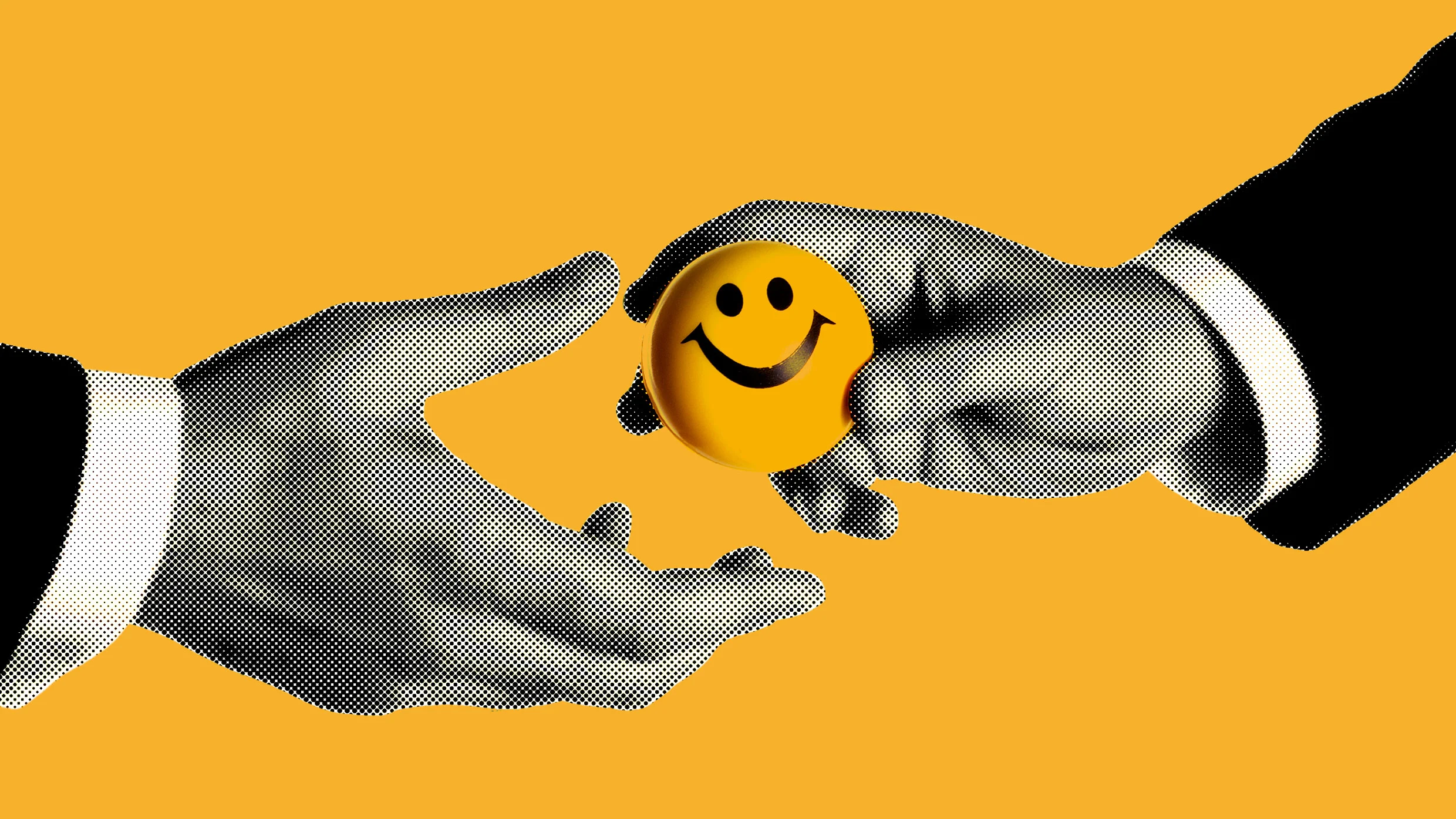
"In the days of our hunter-gatherer ancestors, decisions on trust were relatively straightforward, even when it came to appointing leaders. Indeed, our ancestors lived in small groups of closely related individuals and spent all of their time together. Furthermore, the key attributes they were interested in evaluating or judging were easy to observe: courage, practical knowledge, hunting and fishing dexterity, and physical strength."
"But, fast-forward to our modern times, things are uncomfortably complex and hard for everyone. At work we must infer whether we can trust our colleagues, coworkers, and bosses, even when we never met them in person-they are, in physical terms, purely pixels on the screen of our Zoom calls. In politics voters are asked to pick between shrewd politicians who have mastered the art of deceit and manipulation and specialize in telling people what they want to hear, irrespective of their actual leadership capabilities."
Trust underpins human cooperation and enabled complex social organization through effective collaboration. Hunter-gatherer communities could evaluate leaders directly by observing visible traits such as courage, practical knowledge, hunting and fishing dexterity, and physical strength. There was little need for psychometric assessments, AI, or scientific tools because group members lived closely and mistakes in leadership selection had existential costs. Modern life is more complex: remote work forces trust judgments across screens, and politics confronts voters with skilled manipulators who promise what people want to hear regardless of competence, contributing to low approval for many leaders.
Read at Fast Company
Unable to calculate read time
Collection
[
|
...
]